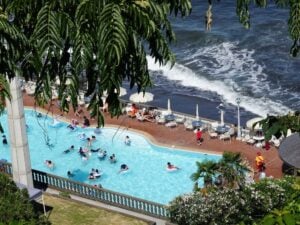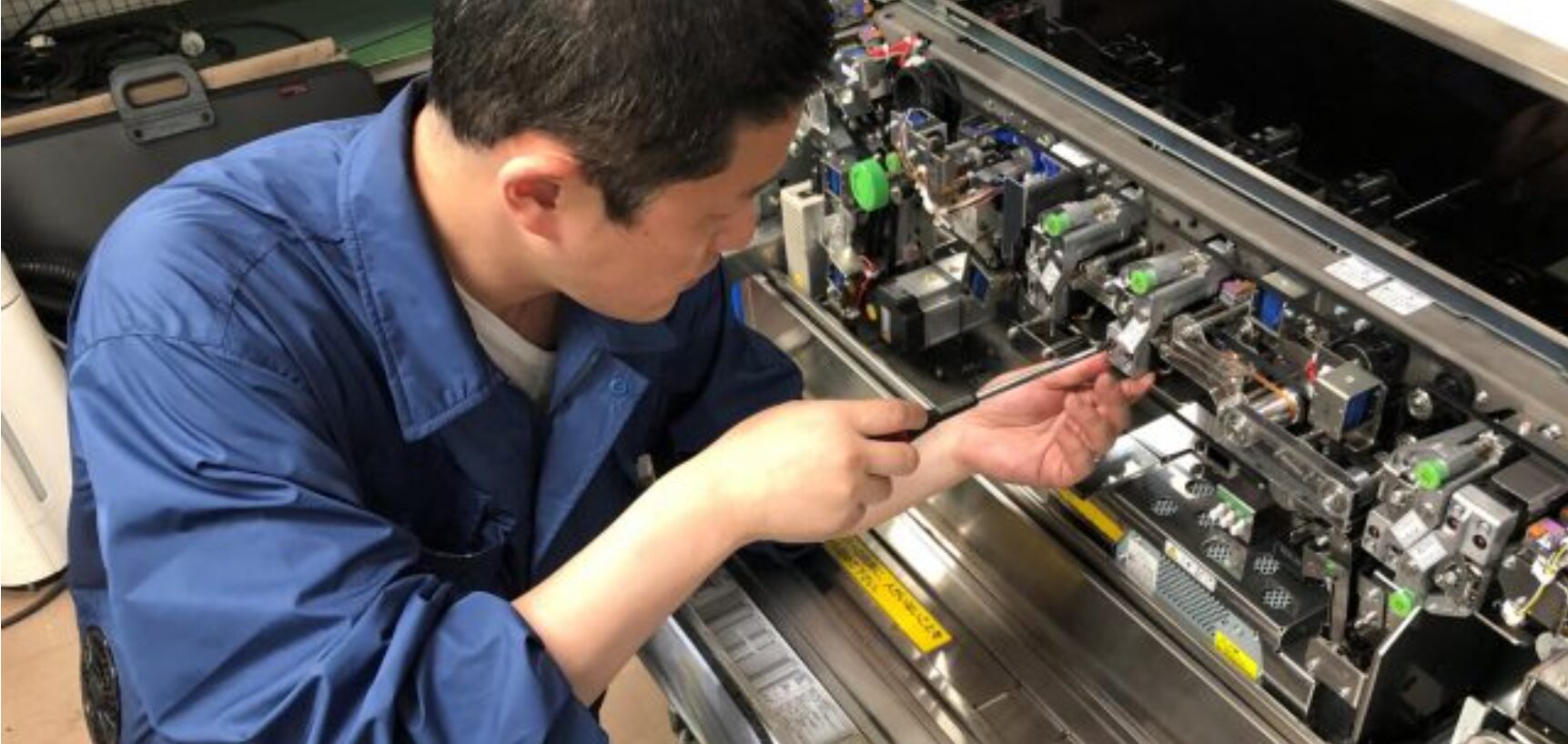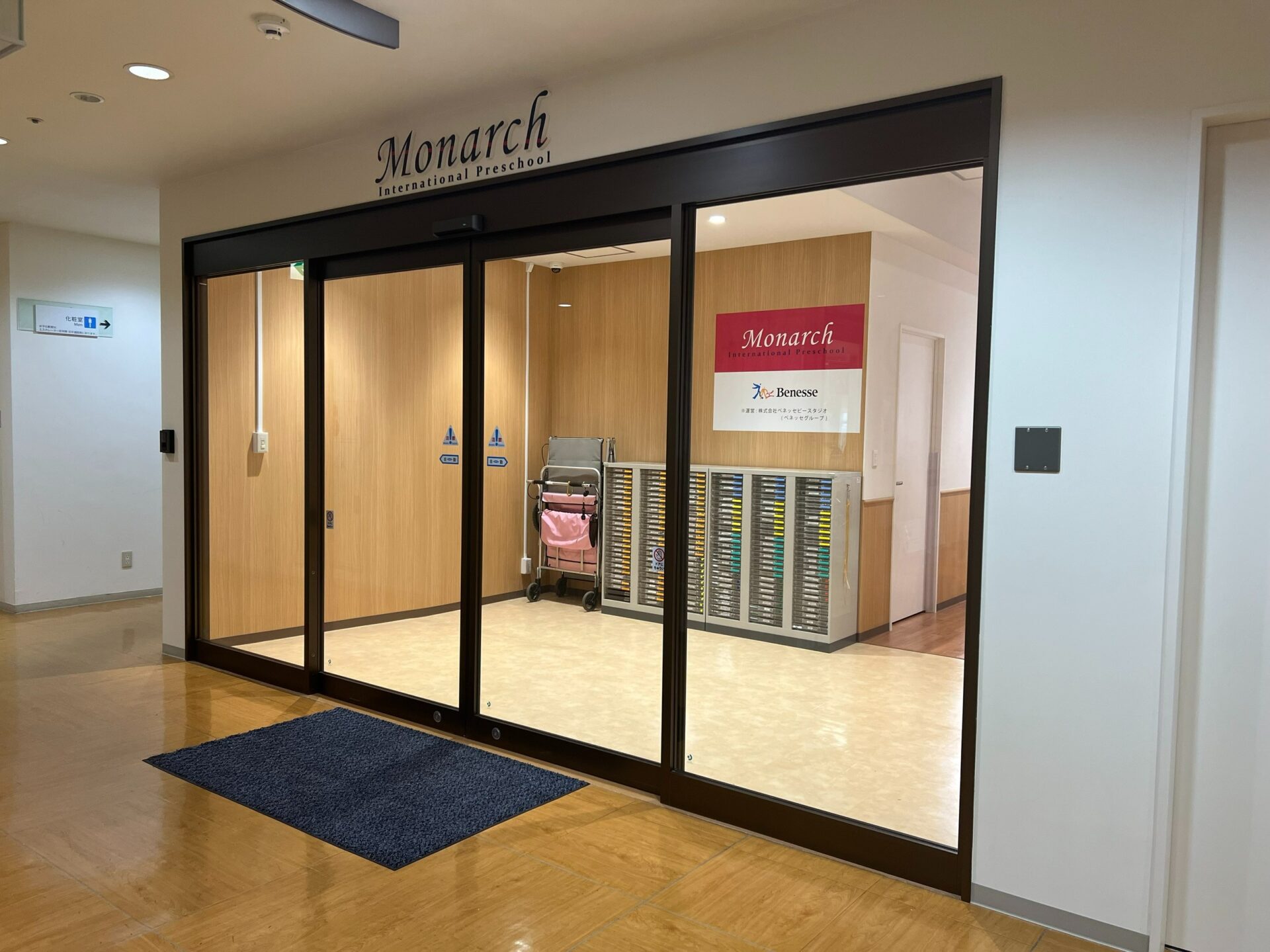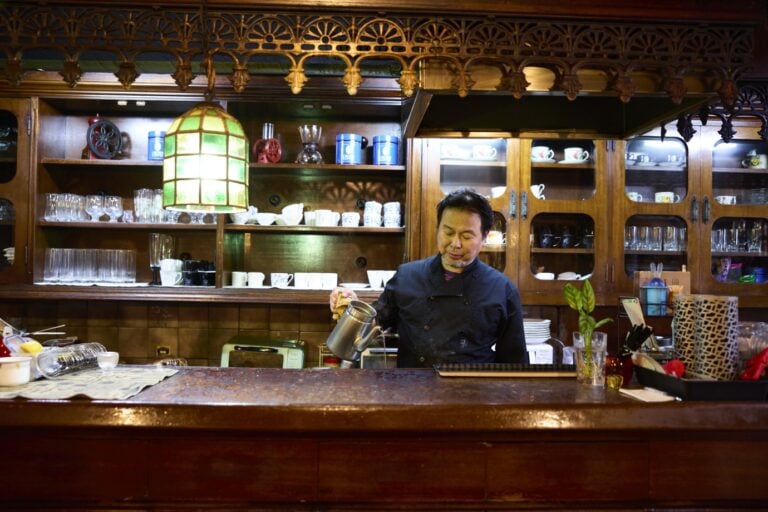
Coffee is not merely a hot beverage. It’s the bitter, liquid foundation on which many cultures were built on. In a world of hectic change, coffee is always for us through the good times and the bad. Japan is no different in loving coffee than any other country. Today, we’ll take a look at the coffee culture of Japan, and what you caffeine heads can expect when you get here.
History of coffee in Japan
Coffee made its entrance into Japan during the early 17th century when the Portuguese introduced it through their trade with Nagasaki. However, it wasn’t until the late 19th century, during the Meiji Restoration period, that coffee started to gain popularity. Foreign influences, particularly from European and American countries, played a significant role in shaping Japan’s coffee culture.
喫茶店, or traditional coffee shops, emerged as a prominent part of this landscape, offering a blend of local and foreign flavours. These coffee houses served as intellectual and artistic hubs, fostering a distinct social atmosphere. The coffee culture truly boomed after World War II, with the presence of U.S. military bases, and kissaten became central to urban life.
Today, Japan boasts a rich coffee culture known for its precision, attention to detail, and an array of brewing methods, blending traditional 喫茶店 elements with innovation and global influences. There’s now a Starbucks in every town, and espresso machine-wielding hipster spots are popping up across the country.
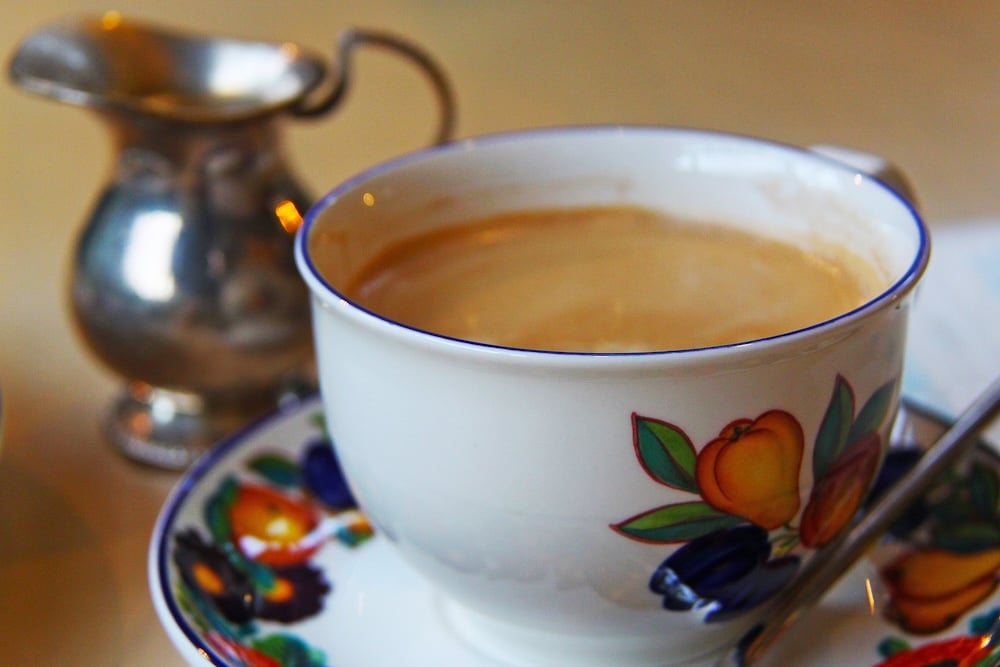
喫茶店
No article about Japanese coffee would be complete without explaining what a kissaten is. They are traditional Japanese tea houses that also serve coffee. Whereas cafes often serve alcohol, kissaten put all their energy into the hot drink service. In the early 20th century, they gained popularity and in the Showa era, they boomed.
They are typically very charming places, akin to a living room. The master of the 喫茶店 is often the draw of the shop, as they natter whilst making the coffee. Thick slices of toast are also stable at any respectable 喫茶店.
The coffee itself is predominantly drip over coffee. I have to be honest, it’s normally pretty bad and unfortunately expensive in most cases. Sometimes, kissaten serve the coffee in Breaking Bad-style siphon systems. Those are incredibly cool to look at, but I sometimes still feel like fail in comparison to a French press or espresso machine.
But that’s digressing from the point. Visiting a 喫茶店 is about immersing in the atmosphere and soaking up all of that relaxing aurora unique to these tea houses.
Other Japanese Coffee Innovations
One of the greatest coffee innovations in Japan is the disposable drip-over coffee bags. Okay, they’re incredibly wasteful. But they’re such a good bridge between horrible instant coffee, and a legit French press coffee. You can buy them almost anywhere. Very often trendy coffee shops will sell these for about 200 yen a pop, which is a nice way to bring something back for a fellow coffee lover.

Another thing that I love that’s Japan-specific is the コンビニ coffee. On almost every street corner, you have access to a half-decent cup of coffee for as little as 100 yen. They have hot coffee on offer all year around and iced on offer in summer. When you go to the コンビニ, you should go to the counter, where you order the coffee. They’ll normally give you a cup that you can use at the coffee machine in-store. To be honest, a lot of the coffee is pretty similar across the different chains. But I do have a particular love for the double espresso lattes that are only sold at Lawson. It just hits a bit stronger than all the other chains’ offerings.
Where to Buy
I purchased a hand coffee grinder from Amazon Japan, so I prefer to buy beans for myself rather than pre-ground. I find that the biggest range for the best value is the import store Kaldi. Sometimes, there is a half-price day too, which always comes in handy.
Another import store, Jupiter, is also a good shout. Supermarkets often have an array of different coffees but they’re rarely up to my snobby standards.
Something that you might want to consider if you have a bit more disposable income is buying beans directly from a local coffee shop or roaster. I’ve found that most coffee shops will sell the beans they use. Sure, the prices are a tad inflated, but you will be supporting a local business and potentially making closer bonds with the owners.
Useful Japanese
Here are some useful Japanese phrases that you might want to consider using if you’re out at a coffee shop or buying things to use at home.
| English | Romaji | Japanese |
|---|---|---|
| I would like a coffee, please. | Ko-hi- o onegaishimasu. | コーヒーをお願いします。 |
| I want to buy coffee. | Ko-hi- o kaitai desu. | コーヒーを買いたいです。 |
| How much does it cost? | Ikura desu ka? | いくらですか? |
| Can I have a coffee menu, please? | Ko-hi- no menyu o onegaishimasu. | コーヒーのメニューをお願いします。 |
| What types of coffee do you have? | Nan no ko-hi- ga arimasu ka? | 何のコーヒーがありますか? |
| Do you sell whole beans? | Ko-hi- no mame o urimasu ka? | コーヒーの豆を売りますか? |
| Do you sell ground coffee? | Guraundo ko-hi- o urimasu ka? | グラウンドコーヒーを売りますか? |
| What coffee do you recommend? | Osusume no kohii wa nanidesu ka? | おすすめのコーヒーは何ですか? |
| I would like 200g of beans. | Ko-hi- mame 200g onegaishimasu. | コーヒー豆200gお願いします。 |
| I would like 200g of ground coffee. | Hiita ko-hi- 200g onegaishimasu. | 挽いたコーヒーを200gください。 |
| Can I smell the coffee beans? | Ko-hi- mame no kaori o kaitemo ii desu ka? | コーヒー豆の香りを嗅いでもいいですか? |
| Can I have it to go, please? | Mochikaeri de onegaishimasu. | 持ち帰りでお願いします。 |
| Can I pay with a credit card? | Kurejitto ka-do de onegaishimasu. | クレジットカードでお願いします。 |
| Do you have decaffeinated coffee? | Kafeinresu ko-hi- ga arimasu ka? | カフェインレスコーヒーがありますか? |
In a country hell-bent on working until they drop, it’s no surprise that coffee is a popular beverage. When you come to Japan, enjoy getting stuck into the unique coffee culture that exists here.







